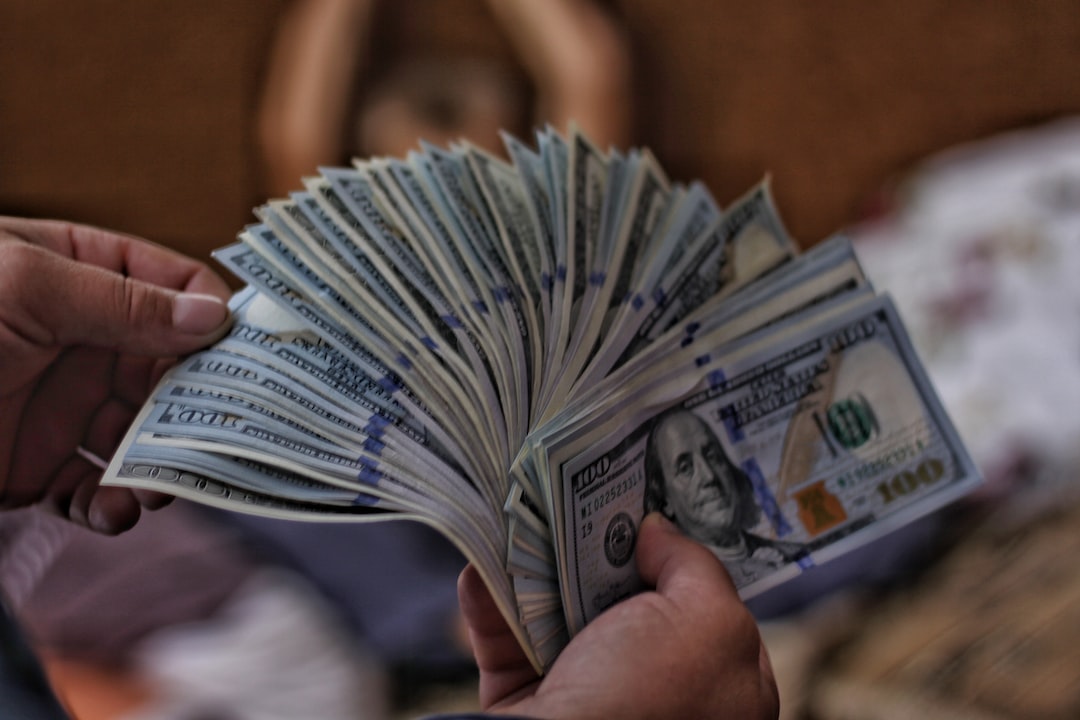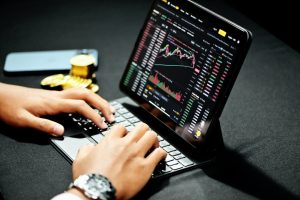Forex, or foreign exchange, refers to the global marketplace where currencies are traded. Forex transactions, therefore, are the buying and selling of currencies in order to make profits from fluctuations in their values.
Forex transactions are conducted in the forex market, which is the largest financial market in the world, with over $5 trillion traded daily. This market is open 24 hours a day, 5 days a week, and is accessible to anyone with an internet connection.
The forex market is made up of various participants, including central banks, commercial banks, corporations, hedge funds, and individual traders. These participants trade currencies for a number of reasons, including international trade, tourism, investment, and speculation.
Forex transactions involve buying one currency and selling another at the same time. This is done through a forex broker, who acts as an intermediary between the buyer and seller. The broker provides a trading platform where traders can place orders to buy or sell currencies.
In forex trading, currencies are always traded in pairs. The first currency in the pair is called the base currency, while the second currency is called the quote currency. For example, in the EUR/USD pair, the euro is the base currency and the US dollar is the quote currency.
The exchange rate is the price at which one currency can be exchanged for another. This rate is constantly fluctuating due to various factors such as economic news, political events, and market sentiment. Traders can make profits by buying a currency when its price is low and selling it when its price is high, or by selling a currency when its price is high and buying it back when its price is low.
Forex transactions can be conducted through various types of orders, including market orders, limit orders, and stop orders. Market orders are executed immediately at the current market price, while limit orders are placed at a specific price and are executed when the market reaches that price. Stop orders are used to limit losses by automatically closing a position when the market reaches a certain price.
Forex trading also involves the use of leverage, which allows traders to control larger positions with a smaller amount of capital. Leverage can amplify profits, but it can also amplify losses. Therefore, it is important for traders to manage their risk by using stop-loss orders and by not over-leveraging their positions.
In conclusion, forex transactions refer to the buying and selling of currencies in the forex market. This market is the largest financial market in the world and is accessible to anyone with an internet connection. Forex trading involves buying one currency and selling another at the same time, and is conducted through a forex broker. Traders can make profits by buying low and selling high, or by selling high and buying back low. Forex trading also involves the use of leverage, which can amplify profits but also amplify losses. Therefore, it is important for traders to manage their risk by using stop-loss orders and not over-leveraging their positions.






